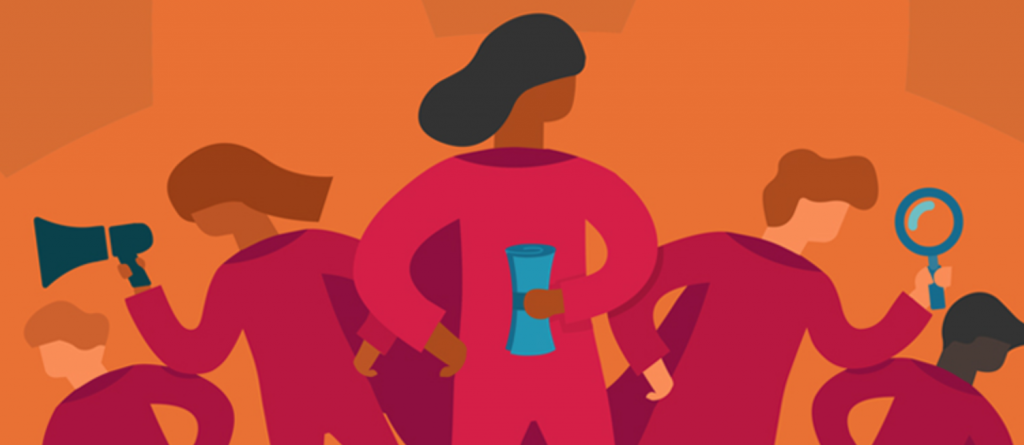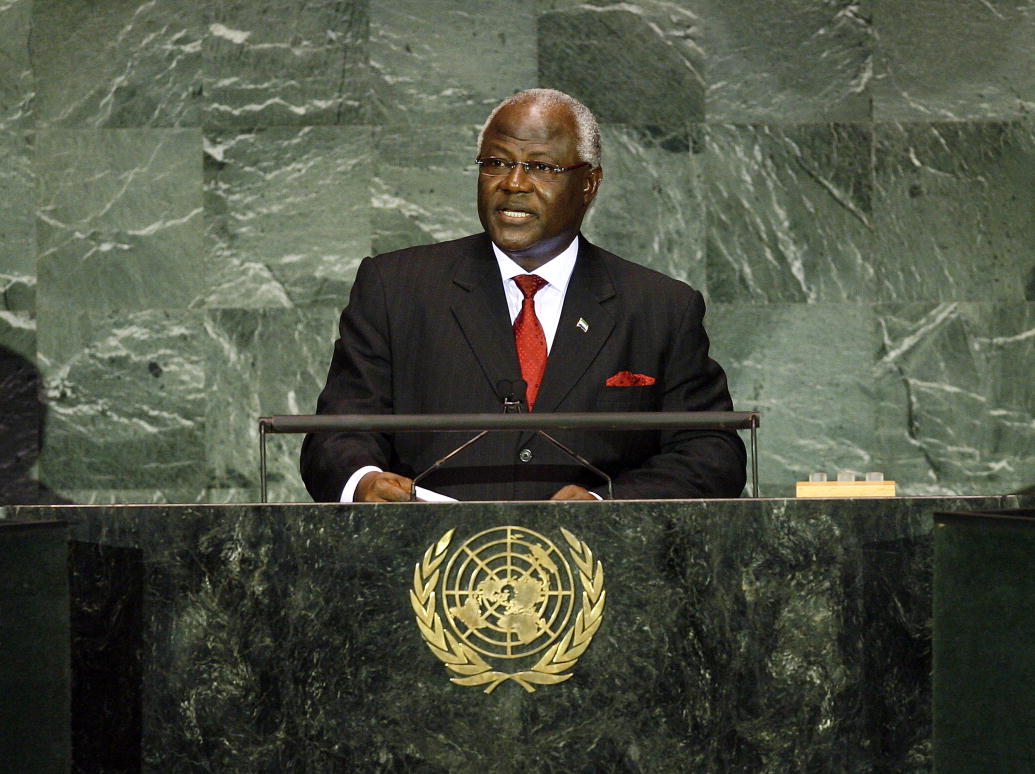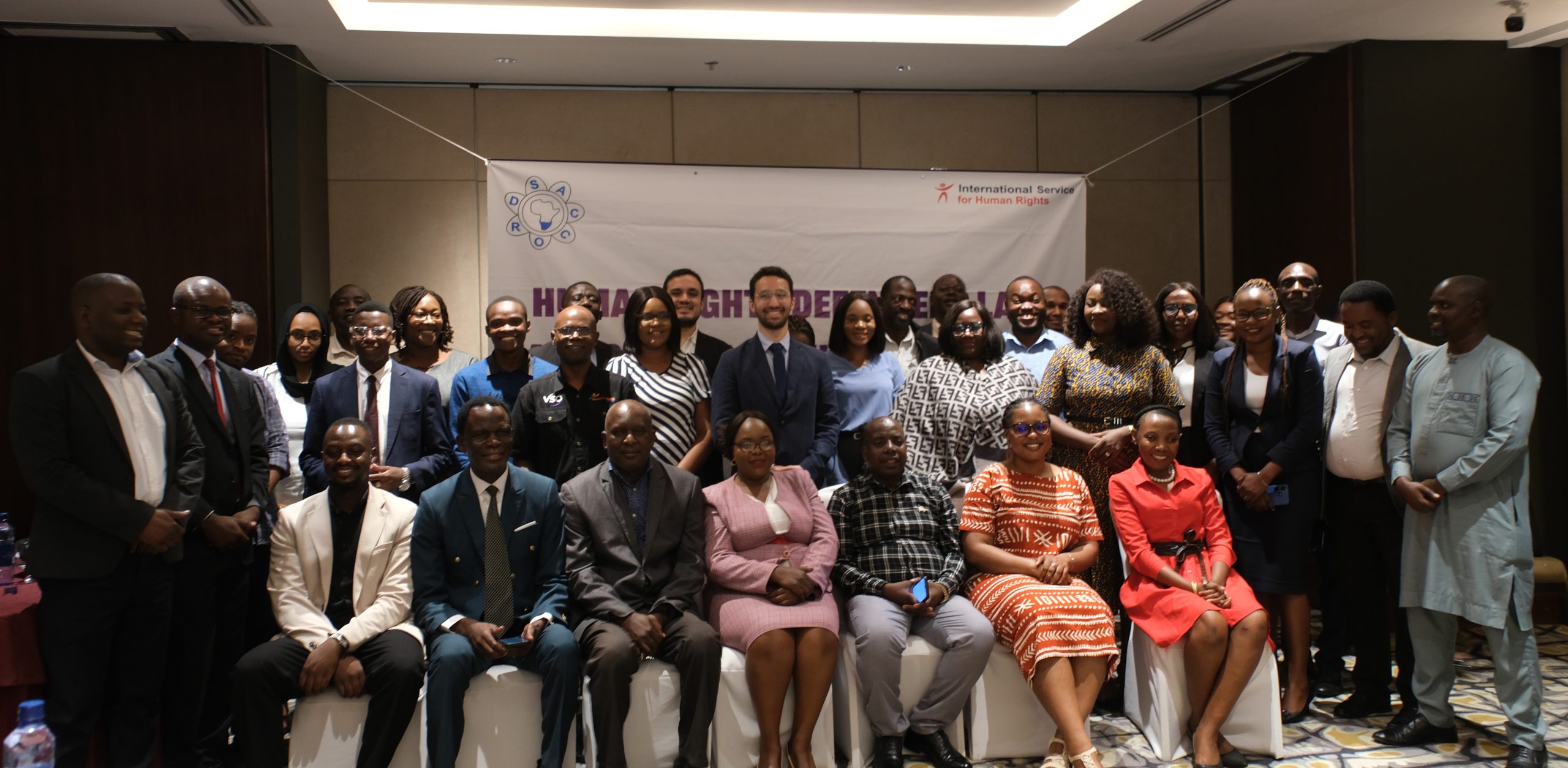Sierra Leone has been and should continue to be a strong advocate for the rights of Human Right’s Defenders (HRDs) in the West African region. During the 28th session of the Human Rights Council in 2015, the country made a statement to the United Nations Special Rapporteur on the situation of HRDs, highlighting the important role played by defenders in the promotion and protection of human rights. Sierra Leone further noted that HRDs can be guaranteed protection through national legislation and enforceable mechanisms against reprisals. The country also confirmed that it maintains an open invitation to all United Nations mandate holders, especially the Special Rapporteur on the situation of HRDs.
Close cooperation between Sierra Leone and Ireland
Ireland is confident that this openness reflects Sierra Leone’s commitment to work towards establishing legislation for the protection of HRDs and to speak out about reprisals against HRDs.
Ireland and Sierra Leone have worked together on these issues in the past. In 2013 and 2014 Ireland led the drafting of resolutions affirming the important role of civil society. Sierra Leone shared that leadership role as one of the key States negotiating a resolution on civil society space (HRC RES 27/31). We cooperated closely during this process and were proud to have Sierra Leone co-sponsor that resolution with us. More recently, during the 32nd session of the Human Rights Council in June 2016, Sierra Leone and Ireland worked together, as part of a core group, to present the latest resolution on civil society space. This resolution was successfully adopted by vote and received strong and positive reaction from the Office of the United Nations High Commissioner for Human Rights.
Following its last Universal Periodic Review in 2016, the government of Sierra Leone accepted five recommendations on the freedom and protection of human rights defenders in the country (from Canada, Czech Republic, Japan, Netherlands and the United Kingdom). Ireland applauds the Sierra Leonean Government for this readiness to create an enabling environment for human rights defenders to carry out their mission of promoting and protecting human rights.
Development of a specific national law to protect human rights defenders
The elaboration of a specific national law on the recognition and protection of human rights defenders, developed and implemented in close consultation with civil society, is now a natural next step. Sierra Leone has the potential to show international leadership by becoming the first Anglophone country in West Africa to enact a specific human rights defender protection law. Sierra Leone would be following the example of Cote d’Ivoire which adopted its law in 2014 and Mali which adopted its draft law in January 2017.
In February 2016, an internationally recognised Model National Law on Human Rights Defenders was developed by the International Service for Human Rights (ISHR) in collaboration with over 500 defenders from every region. Settled and adopted by 28 of the world’s leading human rights experts and jurists, the Model Law provides authoritative guidance to States on how to implement the UN Declaration on Human Rights Defenders at the national level. It also provides an influential new tool for civil society to promote, evaluate and report on implementation. Sierra Leone has shown high level engagement with this model law as a guide for drafting its national laws. Ireland was delighted to share a platform with the Government of Sierra Leone during the presentation of the model law by ISHR in Freetown at the end of last year.
A specific law is crucial, but not enough
We know from experience in other regions that the enactment of a specific human rights defender protection law is a vital, but in itself insufficient measure, to ensure a safe and enabling environment for defenders. Such laws need to be accompanied by high-level political support and adequate resources for their implementation. Progress depends on Government’s willingness to open spaces for civil society’s participation at all stages of the implementation of the protection mechanism. We also depend on Governments to provide the necessary means for its functioning so that it is able to respond quickly and adequately to the needs of defenders in the event of aggression, to create an enabling social and institutional environment for their work and to fight impunity of perpetrators.
Judiciary resources, support for human rights institutions in the country, as well as engagement with international human rights bodies – including UN bodies – are all important supports in the protection of civil society space and implementation of HRD laws.
Sierra Leone has taken additional measures
Limitations on Human Rights Defenders’ rights to freedom of expression, association and assembly commonly take the form of defamation and sedition charges, as well as rigid procedural requirements for the authorisation and conduct of public demonstrations. In Sierra Leone’s 2016 Universal Periodic Review, Ireland made a recommendation for the revision and repeal of criminal libel laws within the Public Order Act of 1965. We have welcomed the leadership taken by the Government of Sierra Leone with the reform of the seditious libel provisions of the Public Order Act under consideration currently. We encourage the Government of Sierra Leone to complete this reform process within the lifetime of the current government.
Ireland is liaising with the Government of Sierra Leone and international donor partners on the finalisation of a National NGO policy, which we hope will see further strengthening and protection of civil society space.
Catherine Campbell is the Irish Ambassador in Sierra Leone.




